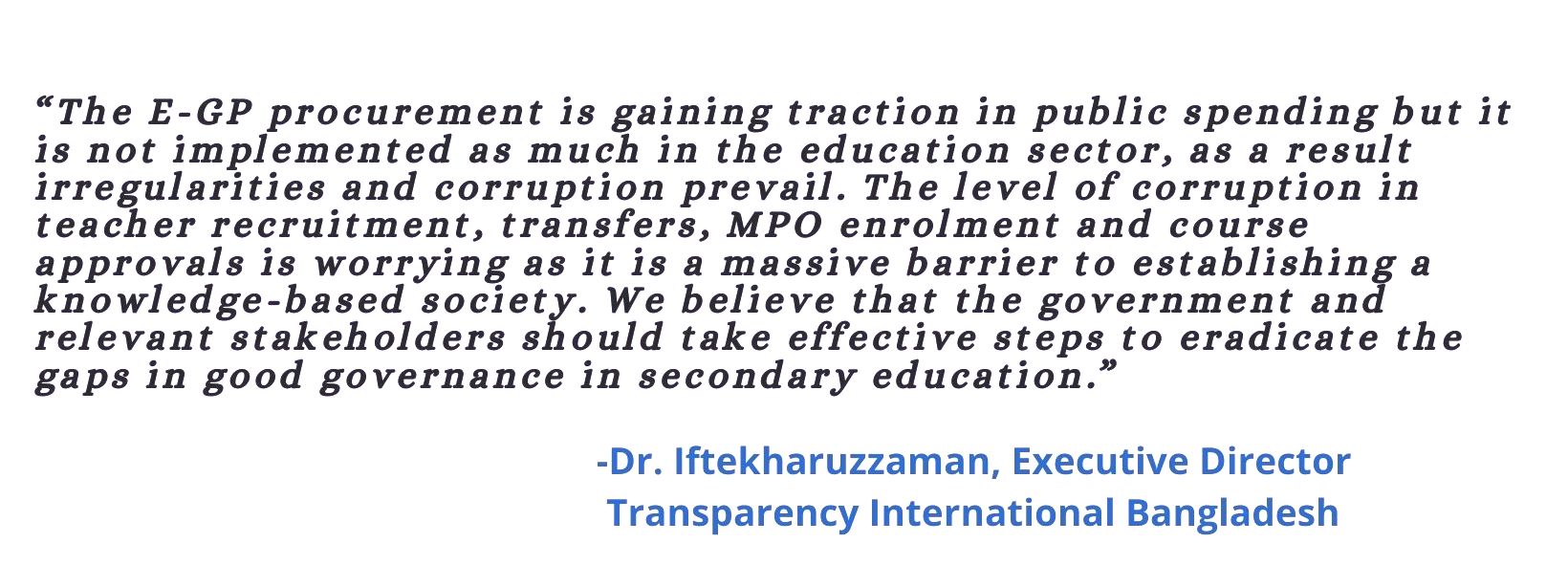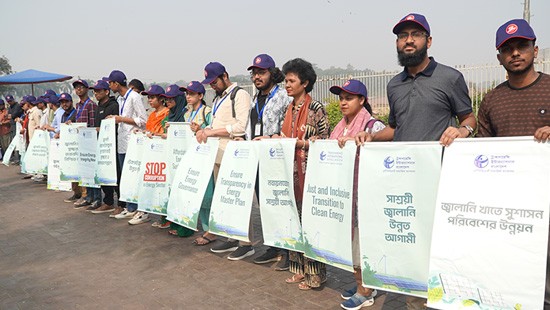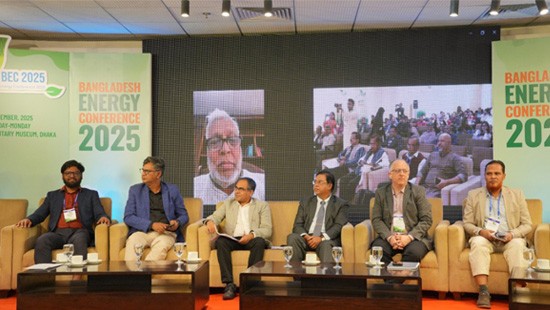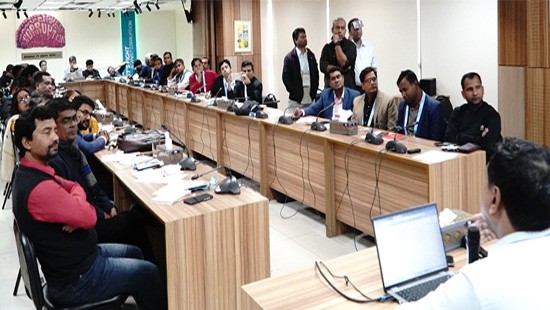Published: 30 September 2021

Dhaka, 29 September 2021: Despite commendable government initiatives for education, the persisting problems, irregularities and corruption in the sector are demonstrated in a wide range of research data, expert observations and news reports. As educational institutions reopened after a 543-day hiatus, one of the most prolonged COVID 19-induced school closures globally, Bangladesh is witnessing first-hand what the lack of technically qualified workforce, financial misappropriation and lack of accountability can do to a country’s literacy infrastructure.
The troubling picture becomes more apparent in TIB’s research report titled ‘Secondary Education Programme: Governance Challenges and Way Out’, released on 29 September 2021 through a webinar. The research focused on transparency, accountability, irregularities, corruption and other challenges that impact the education sector. It shows how certain shortcomings in the system have a ripple effect on students, teachers, and the quality of education. Data for this research was collected from May to October 2019, and information compilation, analysis, and documentation were done from indirect sources until August 2021.
Legal and Policy Crisis
Despite repeated overhauling drives in the sector and efforts to form a comprehensive Education Act by combining all laws, regulations and orders, the much-awaited Act remains a pipedream, the draft of which has been sitting in the bureaucratic maze for almost ten years. Moreover, the promised permanent National Education Commission has not been initiated, directly impacting the education infrastructure by restraining teachers’ salaries, training, and overall accountability in public and private institutions.
While speaking at the press meet, TIB Executive Director Dr. Iftekharuzzaman said, “Policy and regulation are not prioritised in the sector, and there is a persistent lack of capacity. It has been 11 years since the National Education Policy was formulated, but very little progress.”
Lack of Standardised Evaluation and Training Impacting Proper Learning
As the system lacks a standardised evaluation protocol, there are deficiencies in understanding what the students are learning in classrooms, which impedes policymakers from establishing research-backed educational infrastructures. In addition, according to a 2018 report by the Bangladesh Bureau of Educational Information and Statistics (BANBEIS), the teacher-student ratio could not be brought down as per government expectations.

Inadequate Budget and Corruption Leading to Underpaid Teachers
UNESCO suggests allocating 20 percent of the annual budget to the education sector, but it has ranged between 10 and 12 percent in Bangladesh for the last decade. The deficit has had a ripple effect on teachers’ salaries, appointment processes and retirement benefits, which prevent educated young professionals from pursuing careers in the sector.
The Monthly Pay Order (MPO) scheme, which is the government’s contribution to non-government school payroll, has been plagued by a lack of finances, corruption and political influence in workforce hiring. There is evidence of unqualified people being enlisted for the payroll by providing fake academic, computer literacy and teachers’ registration certificates. Corruption and lack of proper evaluation have also impacted qualified teachers' promotions and benefits. “The benefits for teachers and promotion opportunities are minimal. Compared to other sectors, the pay scale and incentives are lesser. As a result, the possibility of advancing the secondary education sector is very narrow,” commented Dr. Iftekharuzzaman.
Information Mismanagement and Lack of Accountability Prevail
The Directorate of Secondary and Higher Education lacks institutional capabilities in information management. As a result, monitoring and evaluation, inspection drives, transfers, certifications, procurements, infrastructure developments and school committees are affected by unchecked corruption and irregularities. The 54 educational institutions surveyed had faced no inspections or audits for three years to 13 years, yet they were reported to be inspected by the directorate. The recruitment process also faces massive irregularities as School Management Committees are influenced and run by political affiliates and mired in nepotism and bribery.

TIB provided 20 recommendations for overcoming the challenges in the education sector. The effective implementation of the Education Policy 2010 and increasing budget allocations as per UNESCO guidelines are most prominent.
The full report can be viewed here - মাধ্যমিক শিক্ষা কার্যক্রম বাস্তবায়ন: সুশাসনের চ্যালেঞ্জ ও উত্তরণের উপায়







